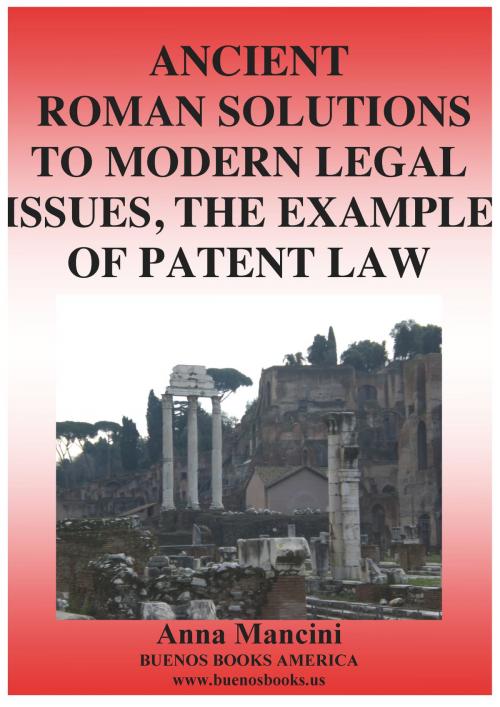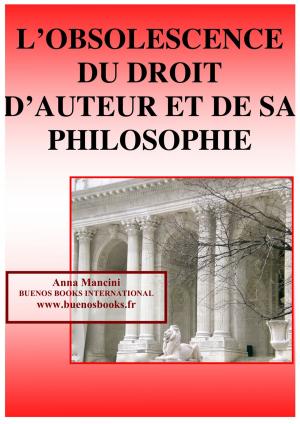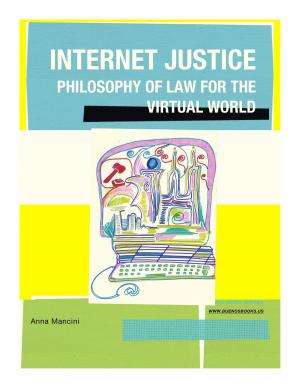Ancient Roman Solutions to Modern Legal Issues, The Example of Patent Law
Nonfiction, Reference & Language, Law, Legal History, History, Italy, Ancient History, Rome| Author: | Anna Mancini | ISBN: | 9781932848052 |
| Publisher: | BUENOS BOOKS AMERICA LLC | Publication: | December 20, 2013 |
| Imprint: | Language: | English |
| Author: | Anna Mancini |
| ISBN: | 9781932848052 |
| Publisher: | BUENOS BOOKS AMERICA LLC |
| Publication: | December 20, 2013 |
| Imprint: | |
| Language: | English |
Our Law and its philosophy have been conceived for an economic world where the main source of wealth was material. Although this world no longer exists, its laws are still alive and slow down the development of modern economies. Patent law strikingly shows this fact. Invented mainly during the industrial revolution in order to protect tangible inventions, it could not be applied to the new intangible inventions of the 20th century. Software, for example, has been denied protection under patent law, due to its lack of materiality. Since such a cause of denial is economically absurd, we should adapt patent law to the virtual world. This was not done and so no new intangible invention can benefit from this protection through a lack of tangibility. Long before us, the ancient Romans had understood that the intangible world and the material world do not function the same way. Since they were very practical people, they took this reality into account to build their legal system. Their legal experience has become valuable for a modern world that is rediscovering the value of ideas and people's wealth, too long eclipsed by materialism.
Our Law and its philosophy have been conceived for an economic world where the main source of wealth was material. Although this world no longer exists, its laws are still alive and slow down the development of modern economies. Patent law strikingly shows this fact. Invented mainly during the industrial revolution in order to protect tangible inventions, it could not be applied to the new intangible inventions of the 20th century. Software, for example, has been denied protection under patent law, due to its lack of materiality. Since such a cause of denial is economically absurd, we should adapt patent law to the virtual world. This was not done and so no new intangible invention can benefit from this protection through a lack of tangibility. Long before us, the ancient Romans had understood that the intangible world and the material world do not function the same way. Since they were very practical people, they took this reality into account to build their legal system. Their legal experience has become valuable for a modern world that is rediscovering the value of ideas and people's wealth, too long eclipsed by materialism.















